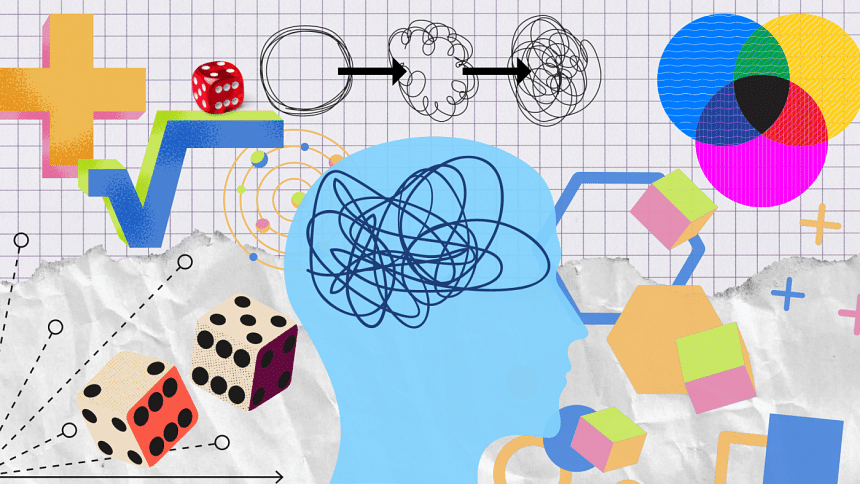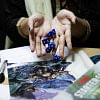Did you ever ask, why you fear maths?

I
Paul Samuelson, a wonderful mathematician, and an economist, once called economics the 'queen of social science'. He couldn't call it the 'king' like physics, because economics stands at a crossroad. It's a social science that explores how people in different settings cooperate in harmony or compete in conflict.
At its core, it analyses how people and societies make decisions in different settings. This last thread led to economics being the first in the social sciences to build models. This is where maths entered economics some two centuries ago.
I have been teaching economics to undergrad and graduate students for over quarter of a century. In almost every cohort, I find a significant percentage fearing maths. Some fear maths so much, they discard mathematical courses if they are optional. I've always asked myself, why? I now think this fear generates from day one, at school.
II
Ever since the first school started, academia has been divided into two streams. One stream is the stream that knows mathematics. The other, the complement set, knows no maths or has no interest in maths.
Ever since that first school started, the academia has also been divided into two different perceptions. Those who show an early inclination to maths are the 'blue' boys and girls in the class. Everybody loves them. What happens to the complement set (the others)? Nobody sees them like the dark side of the moon. Over time, they lose interest in maths.
III
Maths starts with numeracy in school. Kids are taught to recognise numbers. Their journey in arithmetic starts. It's not until a few years down the road that kids are exposed to shapes and begin to understand the concept of angles and ratios in two-dimensional space.
In the meantime, the notion of maths becomes cemented in how good and how quick somebody is with calculation. Kids memorise multiplication tables, but they are seldom trained to visualise these tables or other arithmetic concepts in their mind.
Those who can do complex multiplications and divisions quickly and can see the sequence in a series of numbers are the ones who get noticed more and more by the system. The complement set becomes blurred. And sadly, this is where I return to economics.
IV
Universities start with the assumption that students have covered or know the basics of certain concepts in the twelve years of schooling before they enter the university.
Yet, whenever I enter a classroom and start with the question 'who fears maths?', initially I observe silence. Then I see one or two brave hearts raise their hands. When I tell my audience, "Don't fear. Knowing maths well doesn't necessarily mean you can cross the street," I notice some hands slowly rising.
This experience of mine is not endemic to economics. It's high time for schools to start debating a simple question that's been overlooked for centuries: Why do students fear maths? There's much more to maths than numeracy.
Asrar Chowdhury is a professor of economics. He follows Test cricket and listens to music when he has free time. Email: [email protected]; or [email protected]

 For all latest news, follow The Daily Star's Google News channel.
For all latest news, follow The Daily Star's Google News channel. 







Comments